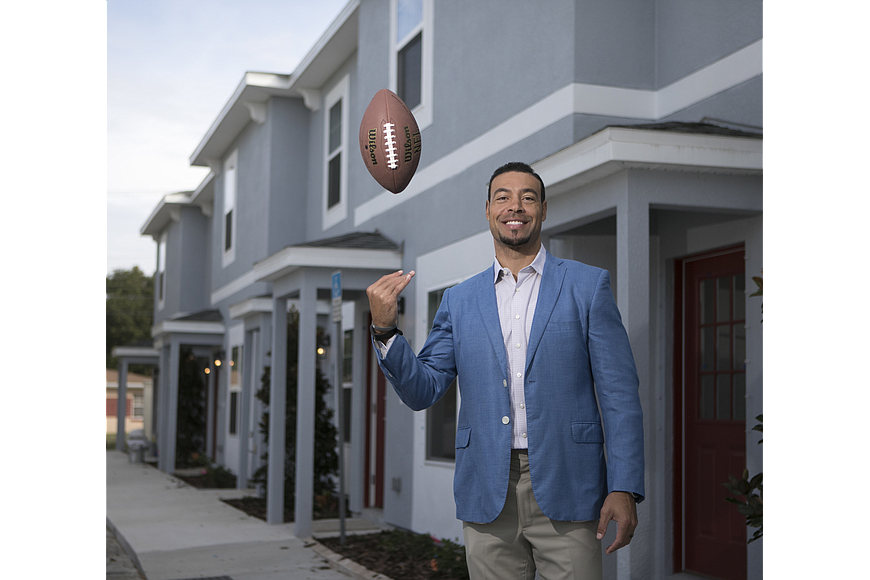- December 15, 2025
-
-
Loading

Loading

The late Vincent Jackson, a star wide receiver for the Tampa Bay Buccaneers from 2012 to 2016, suffered from stage 2 chronic traumatic encephalopathy (CTE), a degenerative brain disease caused by repetitive head trauma, according to a Dec. 16 news release issued by Jackson’s family and the Concussion Legacy Foundation.
Jackson was found dead, at age 38, in a Brandon hotel room Feb. 15 with no visible signs of physical injury or trauma. His cause of death remained a mystery, but speculation centered on CTE, common in retired NFL players who’ve sustained concussions.